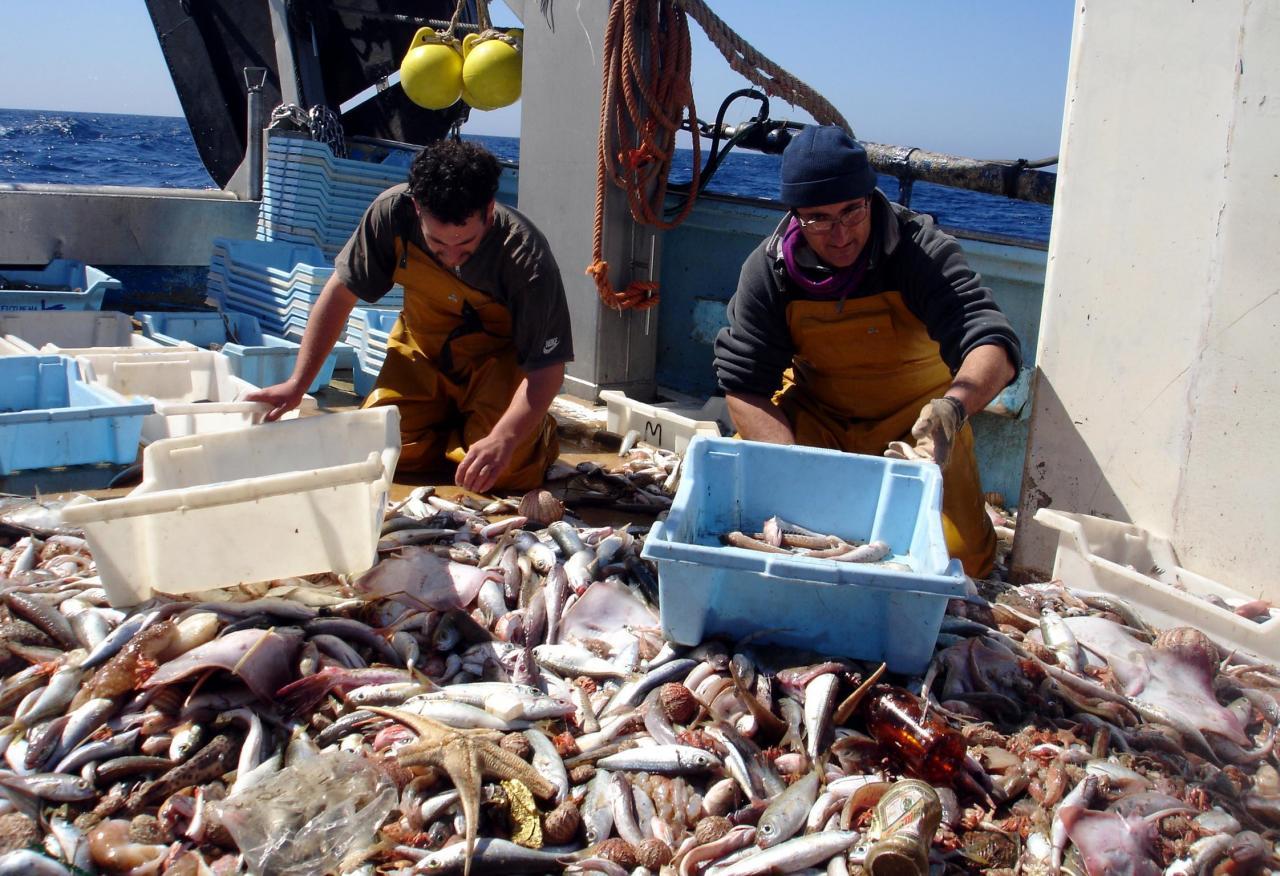The Balearic fishing industry has stated its outright rejection of the proposal from the European Commission for a 15% reduction in trawler fishing effort (basically, the number of fishing days). The proposal has been condemned as being totally unviable.
Concerns about the proposal have been made clear to the national minister for agriculture, fisheries and food, Luis Planas. In the Balearics, these have come from the regional ministry and the fishermen's federation. Other regions have also expressed their concerns.
Antoni Garau, president of the federation in the Balearics, says that the effort has been cut this year by ten per cent. A further 15% would be "impossible to accept". Fishermen are well aware of the need to maintain fish stocks in the Mediterranean, he stresses, but this "cannot mean a 25% reduction in two years". "This is not a viable solution for the fishing industry."
However, reform of the Common Fisheries Policy in 2013 established that in order to maximise sustainable catches of fish in the western Mediterranean there would need to be a 40% reduction in trawler fishing between 2020 and 2025.
The ten per cent reduction for this year was based on the number of fishing days between 2017 and 2019. Garau maintains that in order to arrive at a new reduction for 2021 there would first have to be a scientific evaluation of the results of the first reduction. He also insists that the European Commission is not taking into account the socioeconomic impact in the Balearics.
The regional fisheries directorate has sent a letter to the national ministry in which it asks that maritime zones in the Balearics where trawler fishing is banned are given consideration. These have implications for, among others, salmon, hake, lobster and prawns.
A national protest that had been planned for Tuesday and Wednesday this week has been postponed. Fishermen in the Balearics and the rest of Spain are waiting to find out what the European Commission's final decision is.


No comments
To be able to write a comment, you have to be registered and logged in
Currently there are no comments.